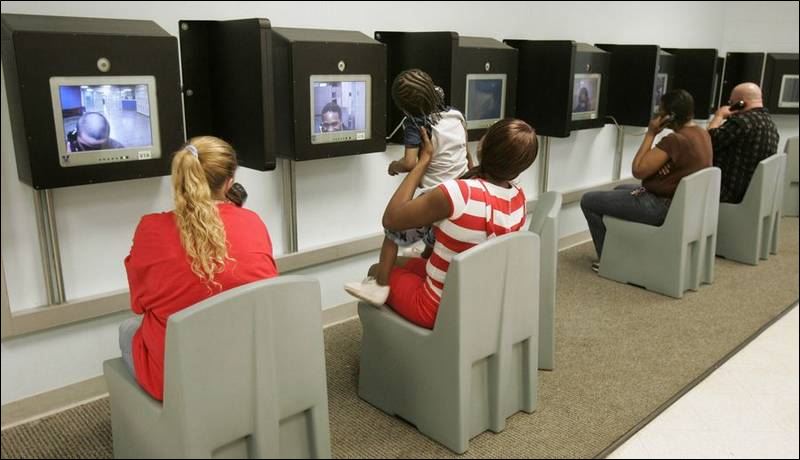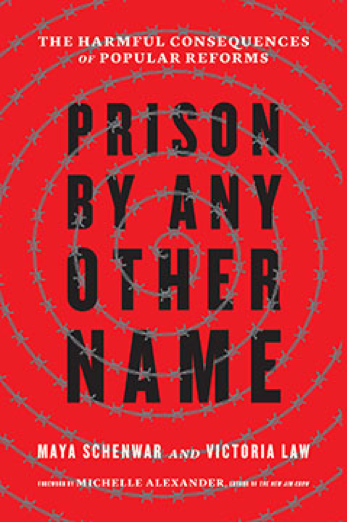
From PLS, I am printing their whole statement to the class action lawsuit decision by the Supreme Judicial Court. Although the injunction was denied, it’s clear that the lockdown could, at a later time, be deemed illegal and considered cruel and unusual punichment. It’s a loss for Massachusetts now, but we need to keep fighting and saying that emergency actions ARE needed to decarcerate our prisons and jails–from their press release:
MA Supreme Judicial Court Issues Mixed Ruling in PLS COVID-19 Release Case Positive Action on Section 35; Bulk of Case Remanded
(Boston, MA) The Massachusetts Supreme Judicial Court today issued a mixed decision on the emergency request for a preliminary injunction in Foster v. Mici, the Prisoners’ Legal Services (PLS) lawsuit on behalf of incarcerated people who seek release to mitigate the dangerous spread of COVID-19 in the state’s jails and prisons.
While the Court acknowledged at length that conditions in Department of Correction (DOC) facilities – a two-month long lockdown, lack of the ability to socially distance, inconsistent sanitation – are concerning, and agreed that fewer people in custody would help ameliorate conditions, they put off the decision to order immediate releases, instead transferring the case as an emergency matter to the Superior Court for further fact-finding and litigation.
“We are disappointed that today’s ruling declined to order releases at this time,” said Elizabeth Matos, Executive Director of PLS. “Over 600 incarcerated people in our state are COVID positive right now and those rising numbers are despite inadequate testing. Our clients in the DOC have been enduring eight straight weeks of solitary confinement conditions and have only recently been allowed to get a few minutes a week of fresh air. In addition to a public health crisis, there is a serious mental health crisis in our prisons and jails. COVID protocols are also preventing clients from even accessing basic medical care. Without releases, the dangerous conditions we are seeing now will only escalate.”
“The Executive branch has failed to meaningfully act on the fact that incarcerated people simply cannot use the single most important tool we have – social distancing – to protect themselves from coronavirus,” continued Matos. “That failure is a clear statement about how little we, as a Commonwealth, value the lives of people in prison, who are disproportionately people of color and people struggling with mental health issues. At a time when the value of black and brown lives is being painfully contested on the street, not to demand better and not to expect better is to accept that these lives don’t matter.”
It is significant, however, that the Court ordered the Superior Court proceedings to be expedited; and took positive action to provide immediate relief for people who have been civilly committed to prisoners and jails under M.G.L c. 123 Section 35, due to substance use disorder rather than a crime.
The Court ordered that no person can be committed under Section 35 unless the judge determines that the danger posed by the substance use disorder outweighs the high risk of COVID transmission in an institutional setting; and held that all who are now committed under Section 35 can seek immediate release through motions to reconsider, and that these motions must be decided within two days.
“We do think there’s plenty of evidence right now to justify releases,” said Matos. “Moreover, the court recognized that the inhumane conditions under which people are now imprisoned, essentially solitary confinement, could be found to be cruel and unusual, thus unconstitutional, in the proceedings that will now take place in the Superior Court.
The Court wrote:
“…the lockdown conditions instituted by the DOC to prevent a serious risk of harm themselves risk becoming Eighth Amendment violations. The CDC’s interim guidance notes that measures taken by correction facilities to reduce transmission of COVID-19, such as canceling activities and visitation, may be deleterious to the mental health of inmates. These effects necessarily will be even more pronounced for inmates in solitary cells, who are segregated from all other humans for twenty-three or more hours per day.”
Matos said, “We admire and commend the tireless advocacy of family members, community organizations, incarcerated and formerly incarcerated people, and urge folks not to give up hope. This case will continue and we will continue to stand with you all until the cry for basic human rights is heard.”
Prisoners’ Legal Services promotes the safe, humane, and lawful treatment of Massachusetts prisoners through civil rights litigation, administrative advocacy, client counseling, and outreach to policy makers and the public.
# # #



